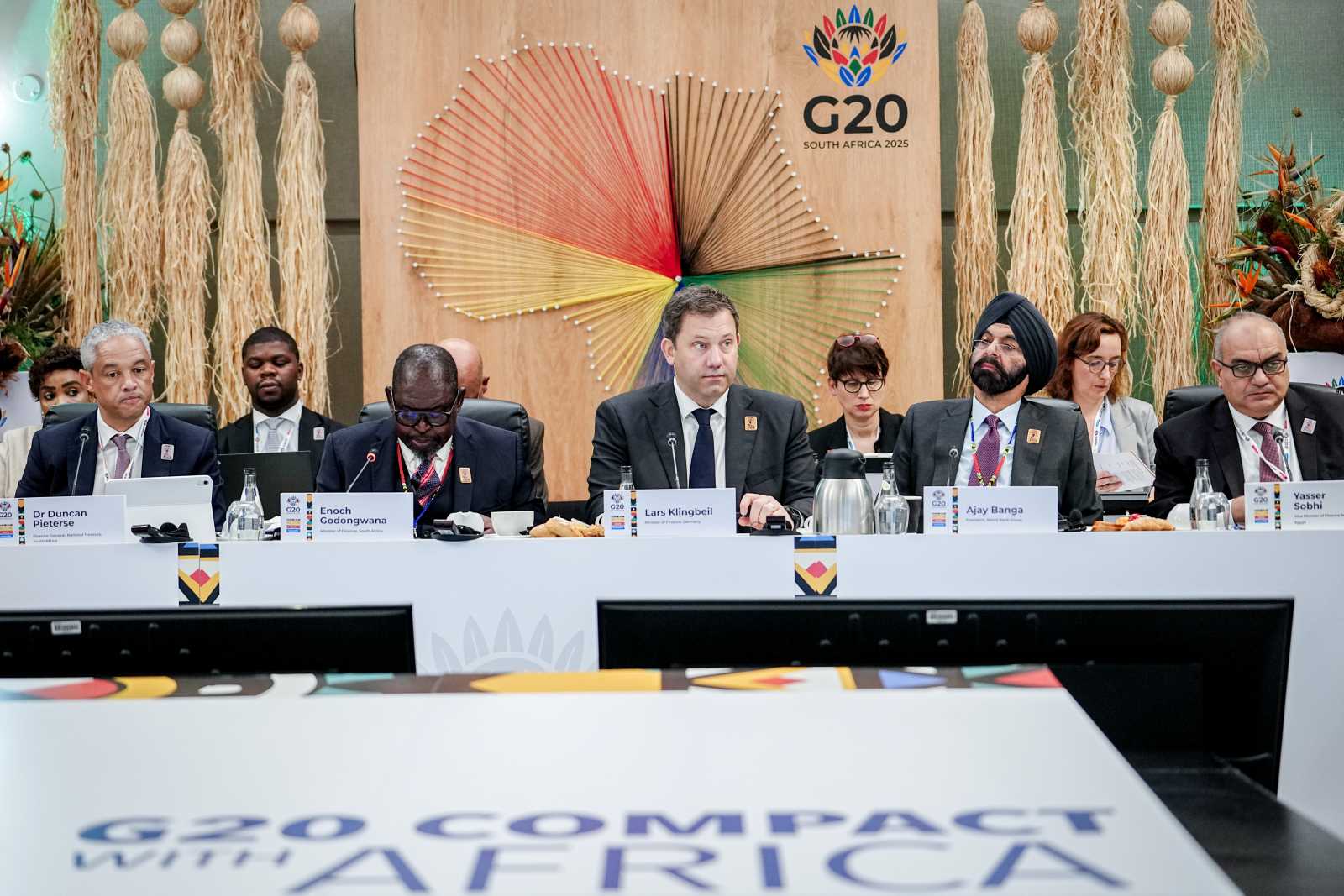German development agencies
Saleemul Huq’s views on reform
Internationally, poverty has only been successfully fought where the private sector has thrived. How can and should a donor agency best support developing countries in this respect?
In the poorest countries, donor agencies can help to get the conditions right for private-sector development to take off. Information and advice on best practices are useful. That is no longer necessary in countries like India or China that have a strong private sector. What probably matters most in the fight against poverty is to support high-risk initiatives, using so far untried technologies or ways of organising, including self-help groups and cooperatives. Investing venture capital in small-scale start-ups can be of tremendous help, and if such initiatives take off, they will most likely lead to progress in terms of the MDGs too, especially if that is done with a view to specific issues like gender or literacy. This kind of engagement can also make sense in countries with a well operational private sector because it will help to fight poverty.
The Paris Declaration and the Accra Agenda for Action stress the relevance of enhancing government capacities. How can and should a donor agency best support developing countries in this respect?
This is really about the donor’s role. Governments always give advice to one another. That is dialogue, and there is nothing wrong with it. So as long as we are looking at international debate, I don’t see any problems. Donors, however, must not interfere in policymaking, and that can be a rather fine line. Assistance in terms of capacity building must not be tied to specific policy commitments, for instance, support for the Copenhagen Accord. Technical assistance must be strictly technical. If the donor wants to support a national audit office, it is obvious that that office will need accountants, and they need to be trained. A national meteorology office will have to know how to run weather stations. Trust matters a lot – if you are on sincerely friendly terms with someone, that person is likely to accept criticism which otherwise might seem more like an insult. So donor agencies need to establish a trust-based work relation with the people and institutions they want to support.
Good and responsible governance have figured high on the development agenda ever since the World Bank's World Develoment Report of 1997. How can and should a donor agency best support developing countries in this respect?
In any country, whether well or poorly governed, there are always some actors who want to improve matters. Most likely some of them will be inside the government, and there definitely are some outside the government. You will have to find out who they are and support them according to the terms that they define. To give an example, do Zimbabweans want the rest of the world to impose sanctions on Mugabe or not? During Apartheid in South Africa, it was very clear that the black majority was in favour of sanctions, so sanctions were a way of supporting their movement. You must listen to those who want improve governance. Right now, to give another example, if you want to support democracy in Iran, you’ll be well advised not to make loud statements, because such statements will only work against the opposition movement in the country. Very generally speaking, I’d say that it makes sense to work with parliaments wherever there are parliaments. It is their job to control the government, but often they are too weak to do so effectively. In my opinion, support for MPs to do their jobs well is a good way of helping to improve governance.
In regard to the past, what are strong points of GTZ, InWEnt and DED that you would want to last?
I don’t know them well enough to comment in great detail, but I do know that they are doing very good technical work, and if that kind of work is done well, it may not change the world, but it will help a lot of people.















